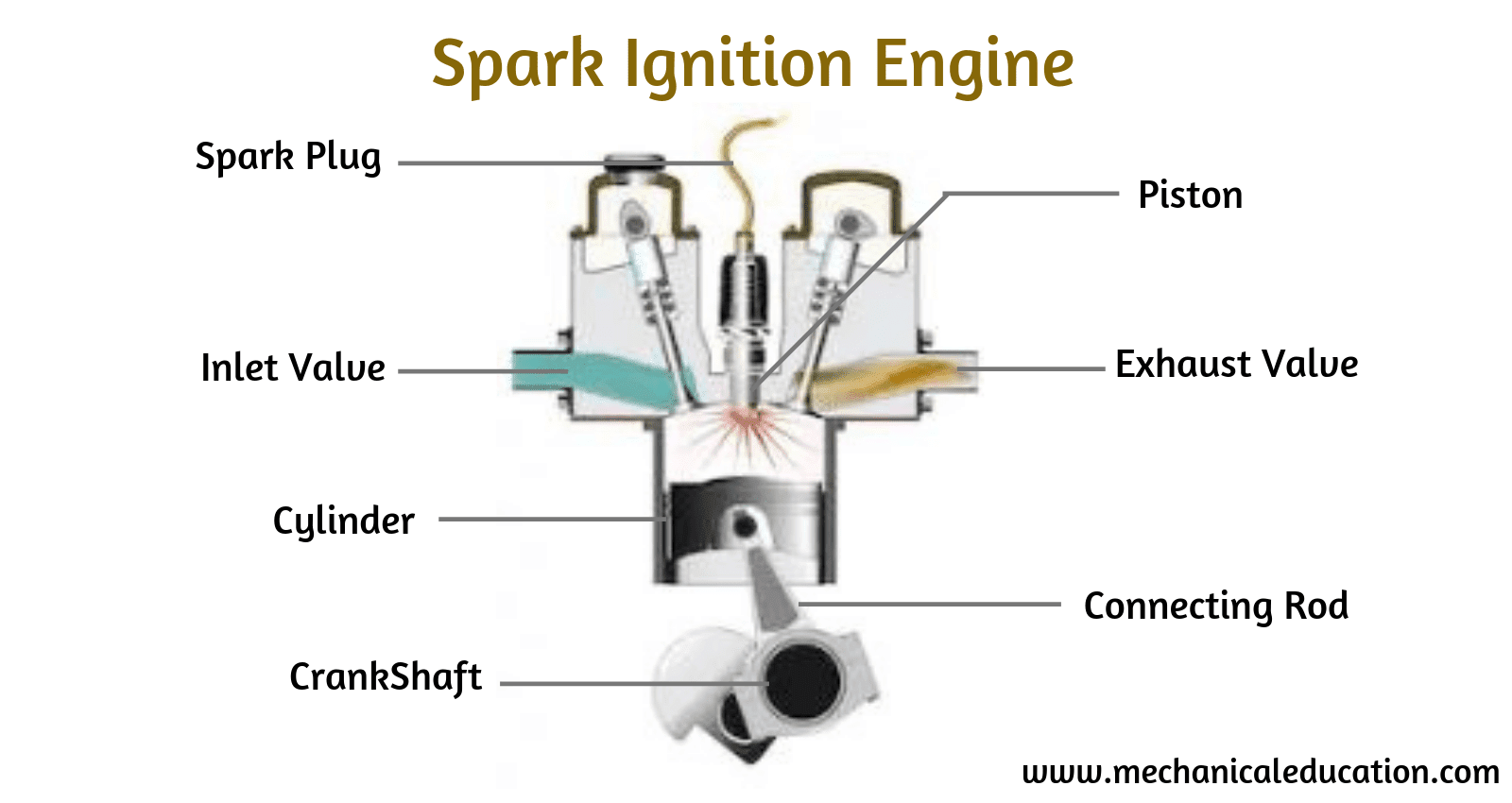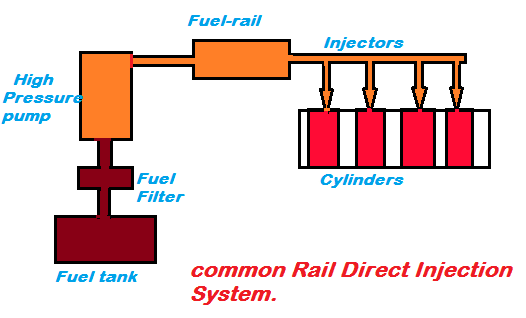Here are some signs that your car AC system is working properly:
- Cool air: The most obvious sign that your car’s AC system is working properly is that it’s blowing cool air. When you turn on the AC, it should blow air that’s noticeably cooler than the ambient temperature outside.
- Consistent airflow: The airflow from the AC system should be consistent and strong. If the airflow is weak or sporadic, there may be an issue with the blower motor or a blockage in the system.
- No strange noises: Your car’s AC system should operate quietly. If you hear any strange noises like rattling, hissing, or banging, there may be an issue with the compressor or other parts of the system.
- No strange odors: If you notice any unusual odors when you turn on the AC, there may be mold or bacteria growth inside the system. This can be harmful to your health, so it’s important to have the system inspected by a professional mechanic.
- Proper cycling: Your car’s AC system should cycle on and off as needed to maintain the desired temperature. If it’s cycling too frequently or not enough, there may be an issue with the thermostat or other parts of the system.
If you’re experiencing any issues with your car’s AC system, it’s best to have it inspected by a professional mechanic who can diagnose and repair any issues. Regular maintenance of your car’s AC system can help ensure that it’s working properly and prevent costly repairs down the road.
Frequently Asked Questions
1. How can I tell if my car’s air conditioning (A.C.) is working properly?
Signs of a properly functioning A.C. include cold air blowing from the vents, consistent cooling, and a noticeable drop in cabin temperature.
2. What should I do if the A.C. is not blowing cold air?
If the A.C. is not blowing cold air, check if the system is turned on, the temperature setting is correct, and the refrigerant levels are adequate. If issues persist, consult a professional for further diagnosis.
3. Is it normal for the A.C. to take some time to cool the car after starting?
Yes, it’s normal for the A.C. to take a few moments to cool the car after starting. However, if it takes an unusually long time or doesn’t cool adequately, there may be an issue.
4. Why does the A.C. produce a musty odor, and how can it be addressed?
A musty odor is often a sign of mold or bacteria growth in the A.C. system. Regularly changing the cabin air filter and using A.C. cleaning treatments can help address this issue.
5. What should I do if I hear unusual noises coming from the A.C. system?
Unusual noises, such as squealing or rattling, may indicate issues with the A.C. compressor or other components. It’s advisable to have the system inspected by a professional to identify and address the problem.
6. Can low refrigerant levels affect A.C. performance, and how can I check them?
Yes, low refrigerant levels can affect A.C. performance. However, checking refrigerant levels requires specialized equipment and should be done by a qualified technician during regular A.C. maintenance.
7. Is it normal for water to drip from the A.C. system?
Yes, it’s normal for water to drip from the A.C. system, especially during hot weather. This is condensation formed as a result of the cooling process.
8. What should I do if the A.C. system cycles on and off frequently?
Frequent cycling may indicate issues with the A.C. system, such as low refrigerant levels, a faulty thermostat, or a malfunctioning compressor. Professional diagnosis is recommended to determine the cause.
9. Can a dirty or clogged condenser affect A.C. performance?
Yes, a dirty or clogged condenser can hinder the dissipation of heat from the A.C. system, affecting performance. Regular cleaning and maintenance of the condenser are essential.
10. How often should I have my car’s A.C. system inspected for maintenance?
It’s recommended to have the A.C. system inspected annually as part of routine maintenance. This helps identify and address potential issues before they escalate, ensuring optimal performance and longevity.




